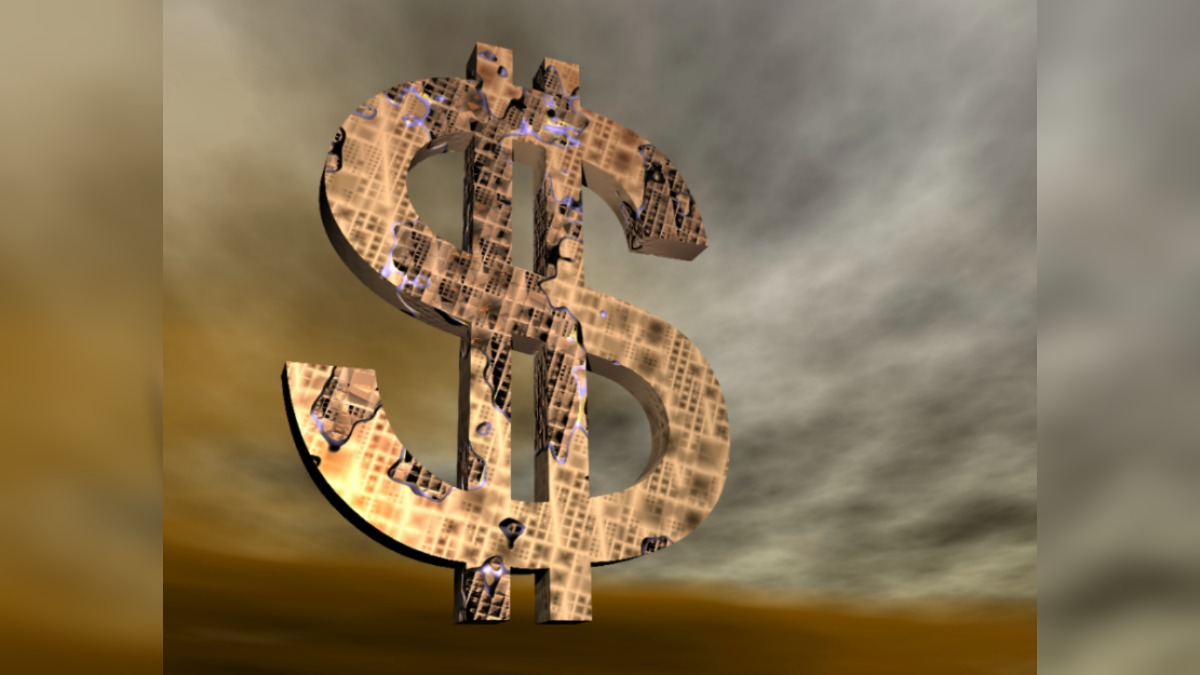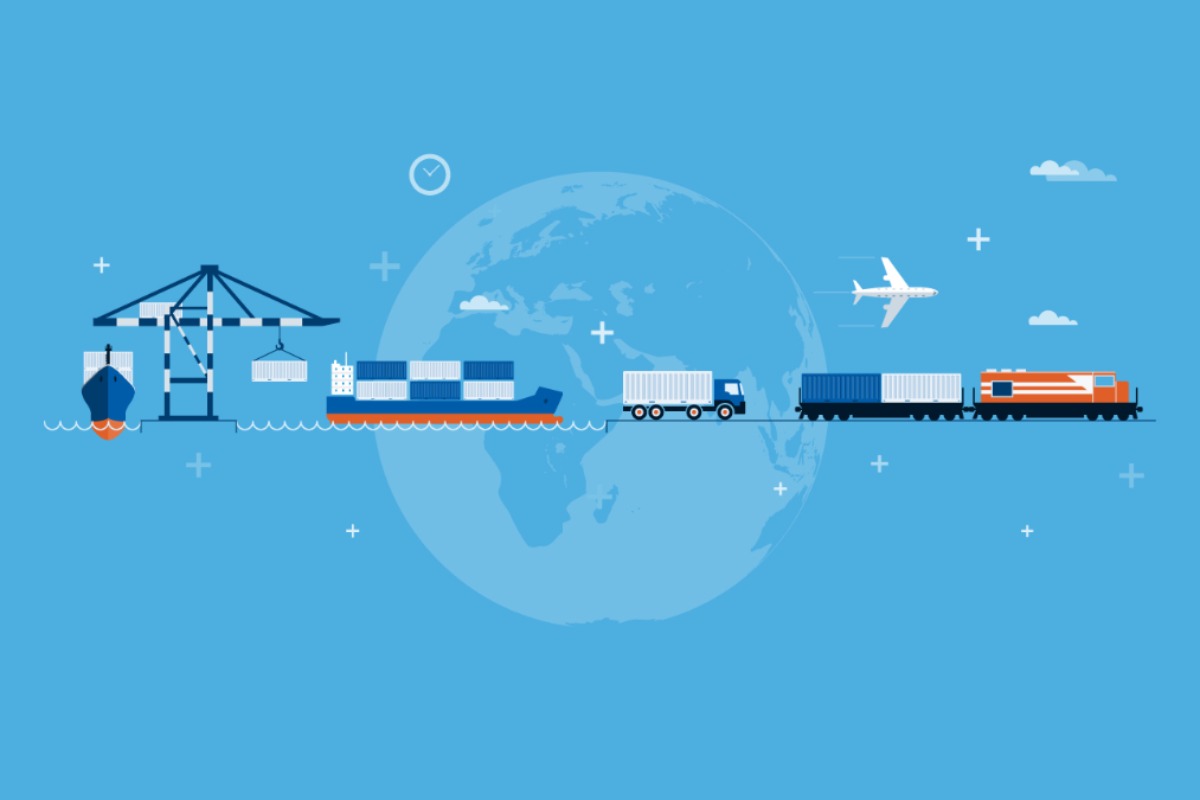Cyber attacks on our supply chain. Will it stop? Enigma Forensics is a cyber forensic company and our love for data security keeps us focused on the 4W’s and 1H of a Cyber Attack. Here’s the latest of two very important cyber attacks on our crucial supply chain.
Who was involved? What happened? When? Where? How did it happen?
On May 7, 2021, Colonial Pipeline, an American oil pipeline system that originates in Houston, Texas, experienced a ransomware cyberattack. Colonial Pipeline carries gasoline and jet fuel mainly to the Southeastern United States. The cyber attackers impacted computerized equipment managing the pipeline. They took the company offline and wanted a sizable ransom to reverse the cyber attack.
This pipeline disruption caused an immediate reaction. Americans felt a rise in gasoline prices, people were panic buying and there were crazy long lines at the pump. Some areas reported no gasoline at all. What was the company’s response? Colonial Pipeline’s CEO Joseph Blount reported, they learned the criminal cyber attackers infiltrated Colonial’s computers through a legacy or old virtual private network, commonly known as a V.P.N.
Joseph Blount, CEO of Colonial Pipeline paid approximately $5 million in Bitcoin ransom to the attackers. Blount told the Senate Homeland Security Committee at a hearing, paying the ransomware was the hardest decision of his career. Blount said he knew how critical Colonial’s pipeline is to the country and he put the interests of the country first. When asked about the security on the particular VPN that was hacked, Blount said it was not a two-factor security password that texts to a phone but single factor authentication using only a plain text password. He said it was more complicated than the typical Colonial123 password. Lesson learned?
Following the attack on Colonial Pipeline, another ransomware cyber-attack occurred on our supply chain.
JBS Meat Packing Hack (it rhymes!)
JBS is considered to be one of the largest meatpacking companies in the world. At the end of May, they reported cyber criminals used ransomware to take over the company’s network systems and stopped meat production. JBS revealed they made a payment of $11 million to a Russian-speaking ransomware gang called “REvil” to protect JBS meat plants from any further impact on farmers, grocery stores, and restaurants.
Why are we seeing a surge in targeting a crucial supply chain?
There are many contributing factors in the recent wave of hacking attacks. It’s a fact more folks are working from home and lack the cybersecurity necessary to guard against intrusions. Another large contributing factor is that software used to allow bad actors to break into a network system is more sophisticated and readily available. The largest factor is that the United States companies are more globally connected than ever before therefore increasing their exposure to cybercriminals.
Who’s in Charge?
You might be asking who is in charge. It’s the United States Department of Homeland Security (DHS). Its stated missions involve anti-terrorism, border security, immigration and customs, cybersecurity, and disaster prevention and management.
Cyber Security Prevention
June 10, 2021 – The Department of Homeland Security Cybersecurity and Infrastructure Security Agency unveiled guidance for defending against ransomware attacks targeting operational technology assets and control systems, in light of the rise in critical infrastructure attacks.
The guidance joins a host of federal agency and White House efforts to crack down on ransomware and improve threat sharing between entities, as the frequency and disruption of attacks continue to ripple across the country. Combining knowledge and sharing prevention ideas will be the key to thwarting future attacks.
Fingers Crossed that the guidance works. We have all learned the lesson that it’s vital that we secure our supply chain in the United States and abroad. We don’t want to say what’s next!


